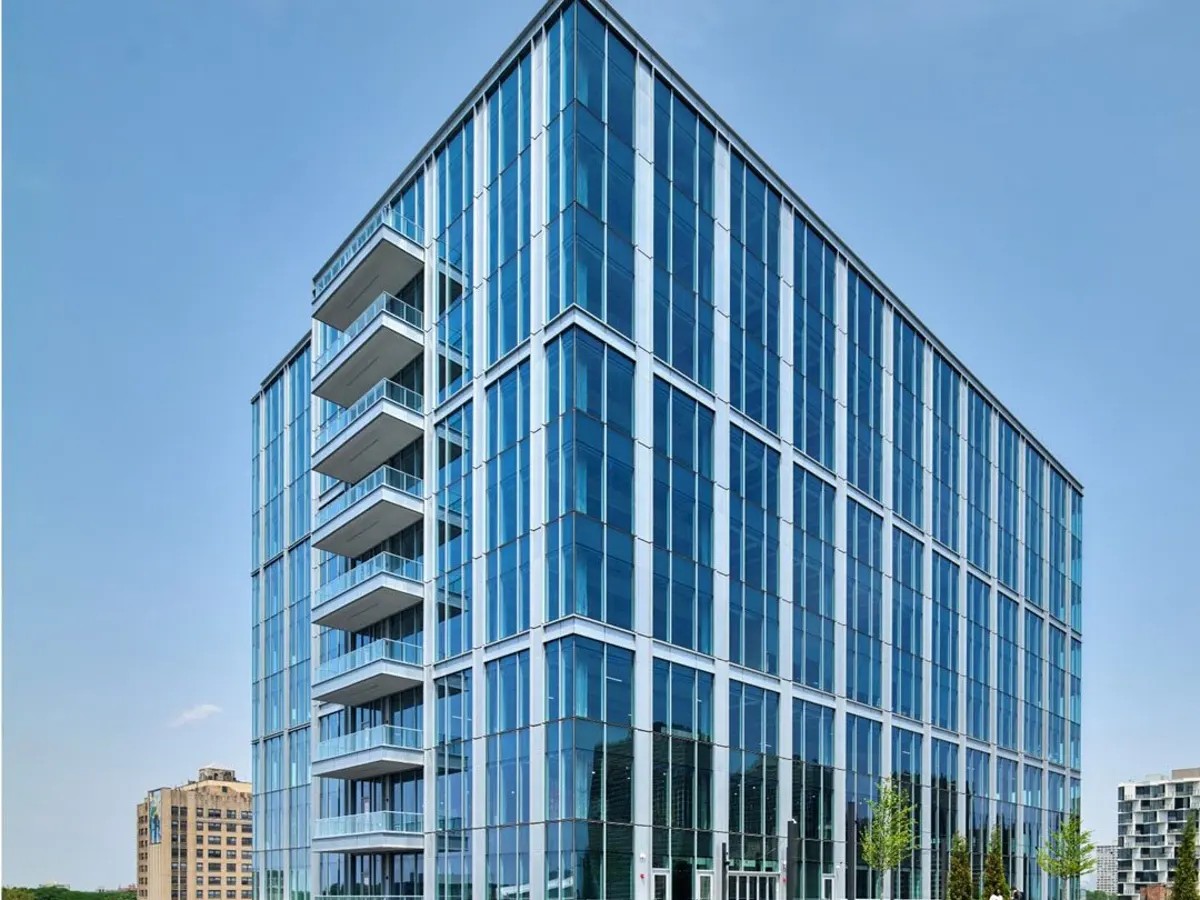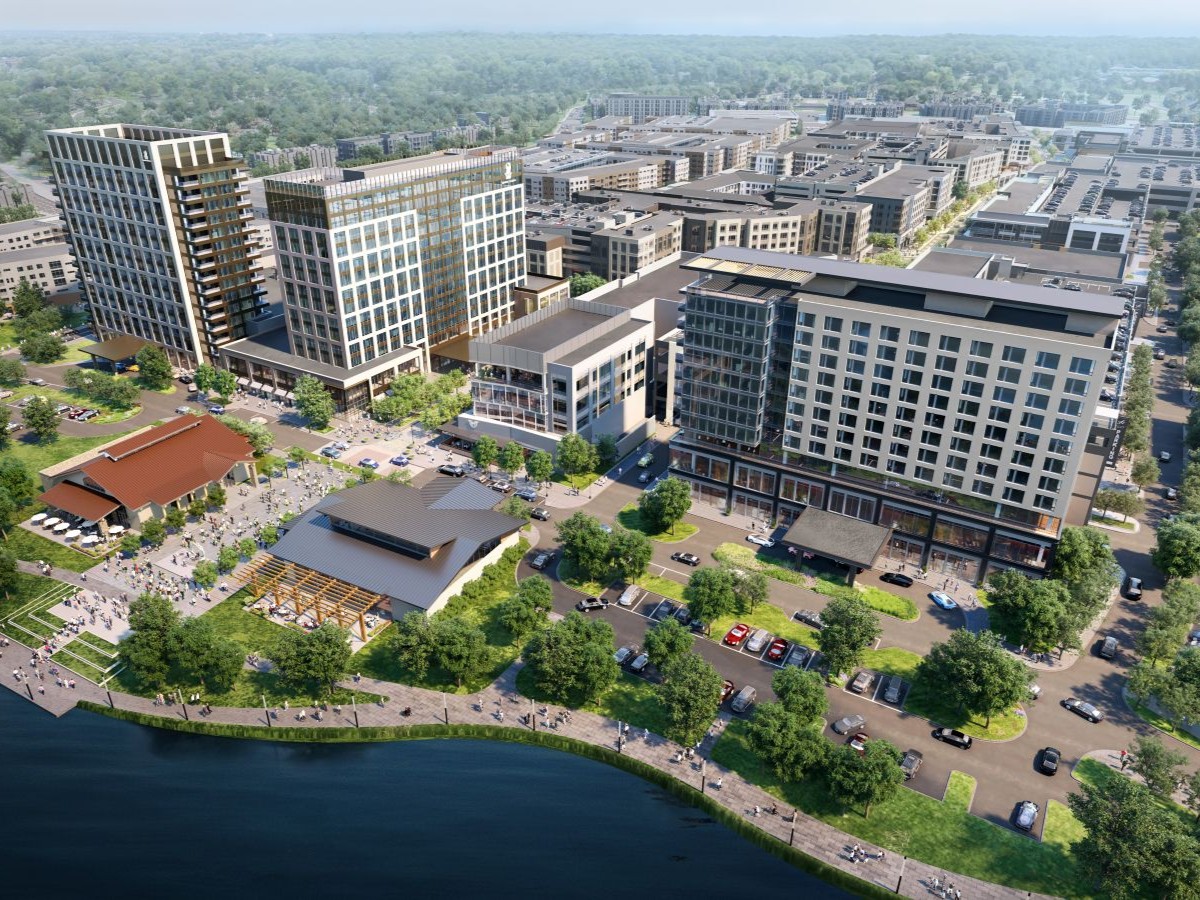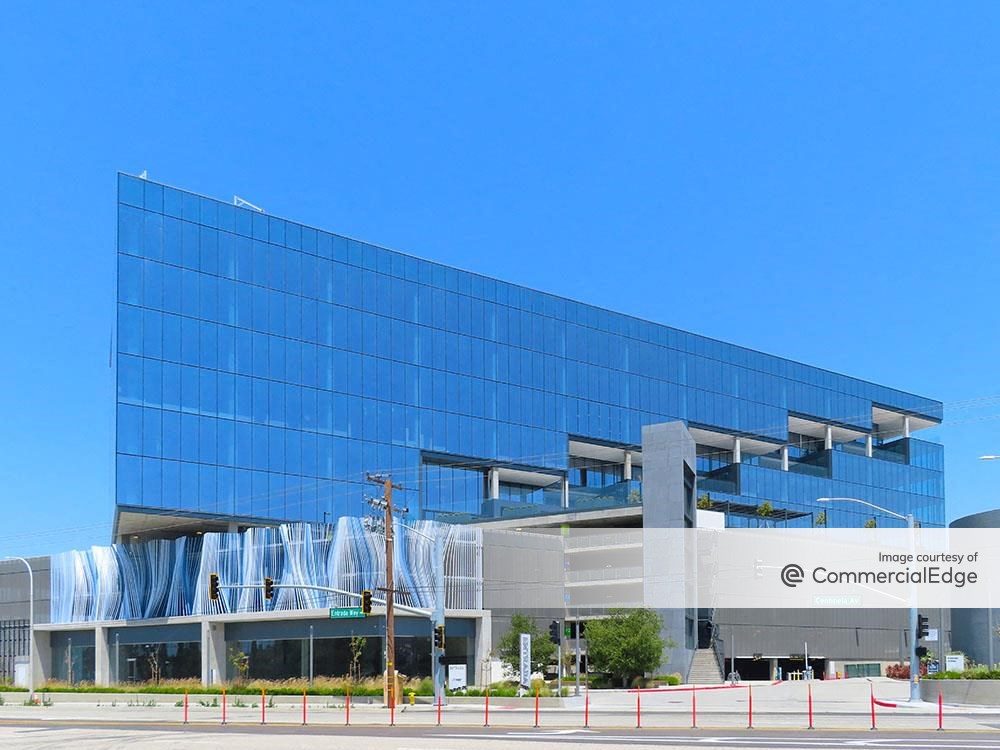Grosvenor, Kuwait Finance House to Invest up to $600M in Healthcare Properties
Grosvenor Fund Management has just joined forces with Kuwait Finance House to shell out as much as $600 million on the acquisition and development of medical office buildings and private-pay senior living properties across the United States.
October 5, 2011
By Barbra Murray, Contributing Editor
Grosvenor Investment Management US Inc., now officially known as Grosvenor Fund Management as of earlier this week, has laid the groundwork to make a substantial investment in the increasingly desirable healthcare real estate sector. GFM, an entity of privately owned property group Grosvenor, just joined forces with Kuwait Finance House to shell out as much as $600 million on the acquisition and development of medical office buildings and private-pay senior living properties across the U.S.
“From a real estate perspective, we like the healthcare sector because of the aging demographics here in the United States and the need for not only additional medical services, but ultimately for housing for people as they age,” Douglas Callantine, president with GFM, told Commercial Property Executive.
With generation-X, generation-Y and echo boomers eschewing for-sale housing for rentals, the apartment sector has the solid long-term numbers that are leading commercial real estate’s recovery – but apartments aren’t the only sector with highly attractive, enduring fundamentals. Both GFM and KFH are well aware of the market’s potential, and together, the partners will peruse the country for select investment opportunities in the sector, especially in medical office buildings as well as and the assisted- and independent-living sub-sectors.
“We find that in the healthcare sector, [medical office buildings] provide very stable investment opportunities for us,” Callantine said. “Generally there are fairly high occupancies and very low rental turnover, so medical office buildings are very attractive, particularly those that are either on the campus of strong quality hospitals or those that have some affiliation with strong quality hospitals.” According to a study by Grubb & Ellis, the population of 65- to 84-year-olds is on track to increase by 36 percent this decade, which will spur increased demand for all types of medical facilities.
In terms of seniors housing, GFM and KFH will target the assisted living and independent living properties. “The age demographic for that type of property is increasing,” Callantine said, noting that both sub-sectors have a promising future. Assisted living rebounded before other seniors housing property groups, commencing a comeback in early 2010, as per a report by Marcus & Millichap Real Estate Investment Services.
As for independent living assets, the numbers are growing stronger and stronger. Now that the downward spiral of home prices has ended, more seniors who had delayed relocating from their single-family homes to independent living communities are prepared to make the move, according to the report. Additionally, the expiration of the Mortgage Forgiveness Debt Relief Act of 2007 will likely strengthen demand growth by placing the housing market on better footing, thereby prompting more seniors to exit ownership and move into independent living residences.
“We’ve had good success in the seniors housing sector in the past and we’ve also had good success in that sector with Kuwait Finance House,” Callantine noted. The former Grosvenor Investment Management US entity spearheaded KFH’s entrée into the U.S. healthcare market in 2004 and acquired 15 New England senior living assets in a joint venture with Benchmark Assisted Living before selling the 1,174-unit portfolio for $268 million in 2007.
But there’s more to GFM and KFH’s new $600 million plan than just real estate statistics. KFH, one of the leading Islamic banks in the world, is not the typical U.S. property buyer. The company, which has been on the international real estate scene for 18 years, conducts its activities within the confines of Islamic law, or Shari’ah. “From an investment standpoint, particularly as it relates to Shari’ah investment structures, these types of properties are very attractive to Shari’ah investors because the uses in the buildings are very compliant with Islamic law, meaning that there generally aren’t banks in medical office buildings, it’s generally medical services,” Callantine explained.
When it comes to financing the medical buildings and seniors housing acquisitions, KFH and GFM, which is a minority partner in the newly established fund, will contribute combined equity totaling approximately $210 million. “Our operating partners in the various projects will contribute equity as well,” Callantine said, “and then we’ll obtain third-party financing on the projects.”
GFM will lead all investment activities for the fund, from financing to asset management.






